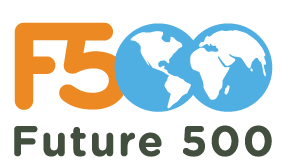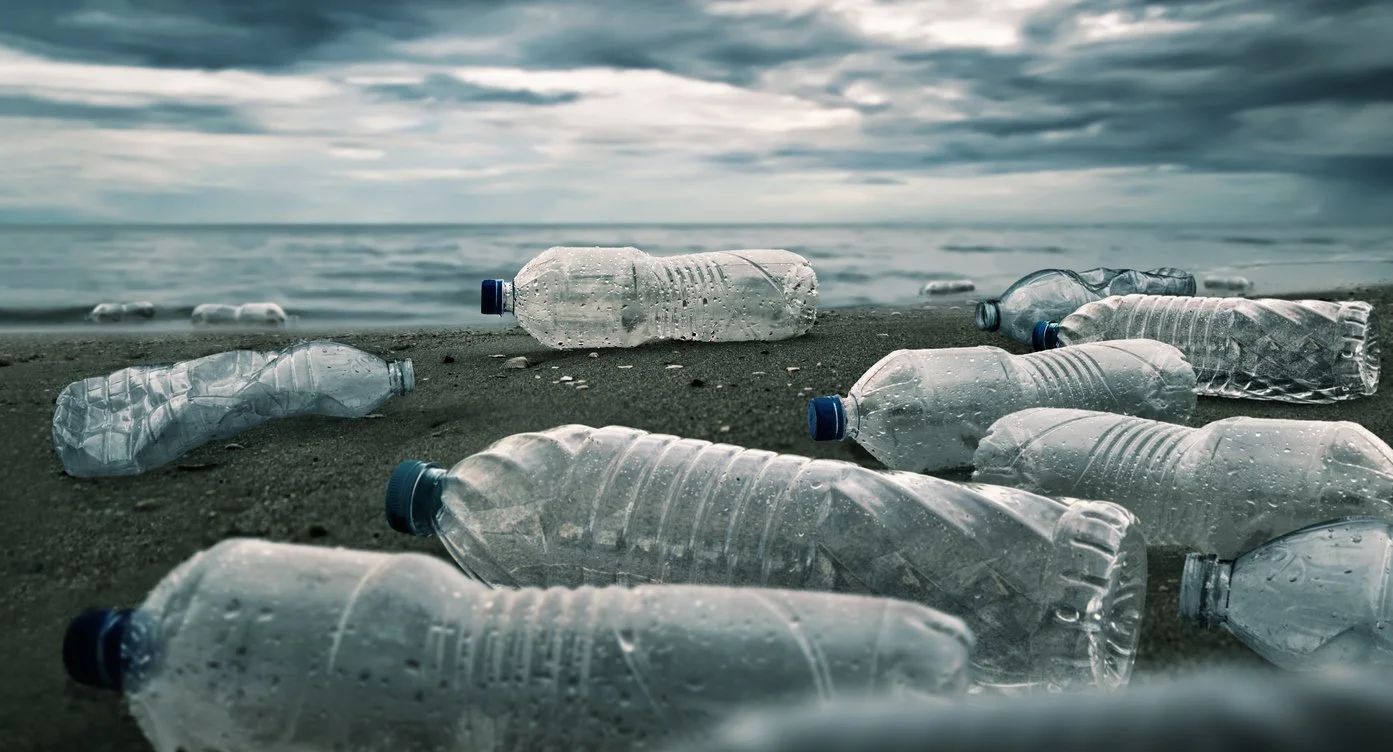Navigating Complex Stakeholder Priorities for a Global Plastics Treaty
Kajsa Hendrickson, Director & Phoebe Fu, Analyst at Future 500. Published September, 2023
Navigating Complex Stakeholder Priorities for a Global Plastics Treaty
With the INC-2 (Intergovernmental Negotiating Committee) Global Plastics Treaty negotiations in Paris having concluded, the complex network of thousands of government representatives, NGO advocates and activists, corporations, and investors may be home, but their work toward advancing a globally binding treaty is far from over.
With so many myriad perspectives, wading through stakeholder priorities can be a daunting challenge to navigate, even for veterans of the plastic waste issue.
To help provide clarity, Future 500’s team interviewed a diverse range of NGO/civil society stakeholders to tease out insights on their core priority areas. The following five issues emerged consistently from our discussion:
1. Single-Use Plastics:
From our interviewers, banning single-use and other ‘problematic’ plastic types is a priority for NGOs, with the exception of ones with necessary and irreplaceable uses, like the medical field. Furthermore, advocacy and civil society stakeholders want to define what is an essential single-use for plastics, and what are the pros and cons of alternatives.
2. The Role of Chemical/Molecular/Advanced Recycling:
Chemical recycling drew broad critical skepticism from those we interviewed, who raised concerns over its scalability, the collection systems needed to deliver feedstock, the lack of standardization and end-use applications (noting that plastic-to-plastic not plastic-to-fuel should be the goal), the energy use, and what they see as the pollution and hazardous waste generated. Some raised questions about the fate of chemical additives in plastics when they enter a chemical recycling process. Overall, NGOs felt a need for deeper transparency into the technology should it scale.
3. Production Caps and Banning Certain Applications:
Among the civil society stakeholders we interviewed, most agreed that bans and caps are likely unachievable, anticipating strong pushback from governments and industry. But a reduction in growth and eventual tapering off of virgin production is highly desirable. They saw production caps as perhaps a middle ground for certain problematic plastics, noting that the discussion around essentiality and which materials should be capped will be hotly debated. Some felt that to accommodate market and development differences, bans can be unique to different cultural and geographic contexts. For example, one interviewee raised the example of sachets being unnecessary in the US but potentially applicable for markets like India for the time being.
4. Incentivizing Reuse Business Models:
Transitioning from virgin plastics to reusables is at the forefront of many NGOs stakeholders’ agendas, noting this requires thoughtful, collaborative policymaking between regulators, companies, NGOs, and a commitment to cultivate acceptance and behavior change among consumers.
5. Chemical Transparency and Concern Over Additives:
A quickly rising concern is over the chemical additives in plastics and what that means for recycling systems, the circular economy, and human and ecological health. Despite this growing concern, there was some uncertainty regarding whether the Global Plastics Treaty process is the right platform to create international policies addressing additives. For example, how would the Treaty harmonize and align with other global standards, such the Basel Convention? Ultimately, they feel that international transparency and regulation of chemicals and additives in plastics will be needed for brands and retailers as well as consumers to have confidence with what is in plastics, and to understand potential toxicity across a range of uses in a circular economy.
Considering state actors, broadly among our interviewees, the EU is viewed as the most progressive leader on plastic waste, with the US having a mixed reputation, with some seeing it as a close follower and others more of a laggard. Saudi Arabia and China are seen as being the linchpins in the negotiations influencing whether the Treaty will take on stringent or more lax approaches.
The five priorities noted above are intersectional and interrelated, and each is a deep topic in and of itself. Advancing common ground on these thorny issues will require thoughtful and collaborative negotiation. This is a rapidly evolving space and one to watch close leading up to INC-3 this November in Nairobi.
Future 500 is a non-profit consultancy that builds trust between companies, advocates, investors, and philanthropists to advance business as a force for good. We specialize in stakeholder engagement, sustainability strategy, and responsible communication. From stakeholder mapping to materiality assessments, partnership development to activist engagement, target setting to CSR reporting strategy, we empower our partners with the skills and relationships needed to systemically tackle today's most pressing environmental, social, and governance (ESG) challenges.
Want to learn more? Reach out any time.
More from our team:












